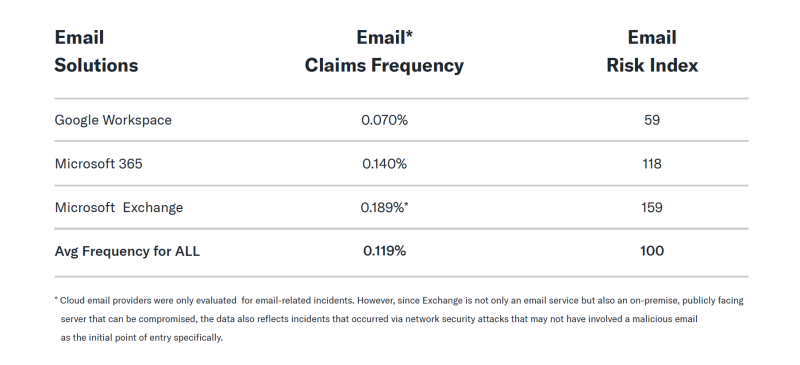-
Google Cloud has been an avid long-time advocate of zero trust principles and architecture in many sectors.
-
One chief update includes using Google AI to classify and label data in Google Drive.
-
Most features will be generally available by the end of this year or early next.
Google Cloud gained some significant steam from the artificial intelligence (AI) boom — even turning its first profit ever — and now it's looking to put that same tech into defense against another booming area: cyberattacks.
“The sheer scale of modern attacks and the sophistication of motivated adversaries are something that legacy productivity solutions can’t keep pace with,” the company acknowledged in an announcement. This is why the company backs a cybersecurity trifecta of cloud-native architecture, zero-trust principles and an AI-powered engine.
Among the long line of features, chief updates include using Google AI to classify and label data in Google Drive, automatically helping ensure appropriate data sharing is protected from extrusions, enforcing context-aware data loss prevention (DLP) controls within Drive, enhancing DLP controls in Gmail and new and enhanced capabilities to its Sovereign Controls in Workspace announced last year.
As the company touted in a press conference about the news, Google Workspace has a historically solid defense record — including no known exploited vulnerabilities between November of 2021 and this month, and 41% fewer average security incidents compared to other email applications, according to research from At-Bay.

Jeanette Manfra, global director at Google Cloud and a former assistant secretary for cybersecurity and communications at the U.S. Department of Homeland Security, claimed during the press conference that Google “largely invented what became known as zero trust,” despite contrary consensus that it was former Forrester analyst John Kindervag.
Zero trust advocates
Still, the company has indeed been avid long-time advocates of the principles and architecture in many sectors.
But within an era of AI-powered innovation comes AI-powered cyber threats, so the company is backing its zero trust security model with AI.
"We're bringing the two together, and adding an ability to improve how you classify [data] using AI capabilities,” Manfra explained. “It automatically and continuously classifies and labels sensitive data, and then applies appropriate risk based controls. No one else in the market can do this.”
Director of Product Management for Google Workspace Andy Wen explained during the press conference that the cloud giant plans to take most features to general availability (GA) by the end of this year or early next.
“We typically have a process of ensuring that — before GA — we're 1,000% prepared, and many of our customers are already using these features,” he stated.